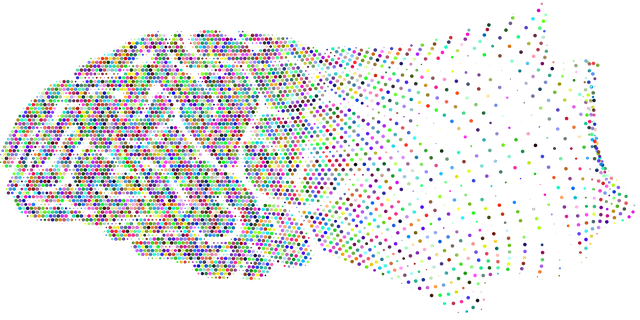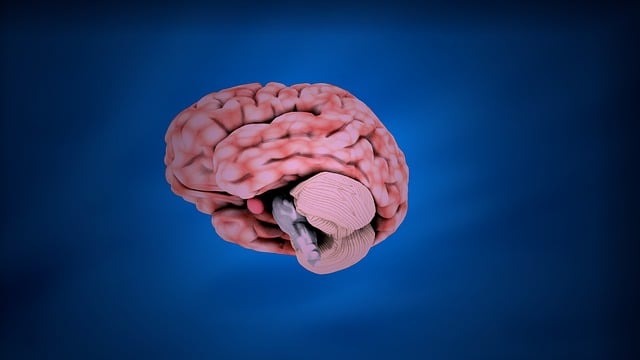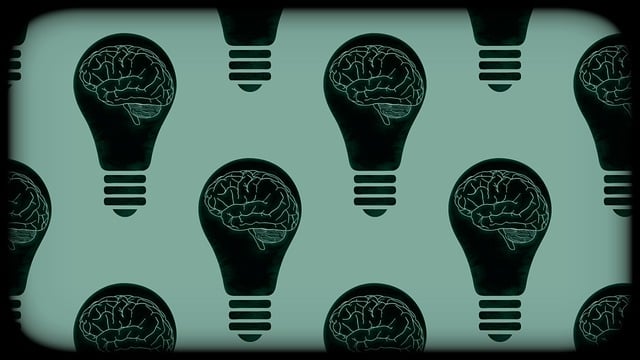Diagnosing eating disorders accurately presents challenges due to diverse symptoms. Parker Eating Disorders Therapy (PEDT) offers a revolutionary approach combining holistic care, behavioral interventions, and evidence-based practices. They prioritize cultural sensitivity, therapist burnout prevention, and public awareness to enhance diagnosis accuracy. PEDT's tailored sessions, self-care routine development, and workshops ensure comprehensive assessments leading to effective treatment plans. Early intervention through stress reduction and crisis intervention improves patient outcomes by addressing root causes of mental health conditions, emphasizing holistic assessment methods for precise diagnoses.
Mental illness diagnosis accuracy is a critical area of focus, especially with the rising prevalence of psychiatric disorders. This article explores strategies to enhance diagnostic precision, addressing the intricate challenges posed by mental health conditions. We delve into innovative approaches like Parker Eating Disorders Therapy, highlighting its potential to revolutionize treatment. Additionally, we discuss advancements in tools, training for healthcare professionals, and the pivotal role of early intervention in improving overall accuracy.
- Understanding the Challenges of Mental Illness Diagnosis
- Parker Eating Disorders Therapy: A Novel Approach
- Enhancing Diagnostic Tools and Techniques
- Training and Education for Healthcare Professionals
- The Role of Early Intervention in Improving Accuracy
Understanding the Challenges of Mental Illness Diagnosis

Diagnosing mental illnesses accurately can be a complex task due to their diverse nature and often subtle symptoms. Many conditions, such as eating disorders, present with physical manifestations that can easily go unnoticed or misinterpreted. For instance, an individual struggling with an eating disorder might exhibit signs of weight loss or unusual eating habits, which could be attributed to various factors, not just a mental health concern. This complexity requires healthcare professionals to employ comprehensive assessment methods, incorporating both clinical expertise and advanced diagnostic tools.
Cultural sensitivity in mental healthcare practice plays a pivotal role in improving diagnosis accuracy. Different cultural backgrounds can influence how individuals express and perceive their emotional states. Healthcare providers must be adept at recognizing these variations to avoid misdiagnosis. Additionally, burnout prevention strategies for healthcare providers are essential as fatigue and stress can impact judgment and attention to detail. Public awareness campaigns development is another key aspect; educating the public about mental health fosters a more supportive environment and encourages individuals to seek help without stigma.
Parker Eating Disorders Therapy: A Novel Approach

The Parker Eating Disorders Therapy (PEDT) is a groundbreaking approach that shifts the narrative away from traditional treatment methods. This innovative therapy program focuses on holistically addressing eating disorders by integrating specialized behavioral interventions with evidence-based practices. PEDT aims to empower individuals in managing their symptoms, fostering a positive relationship with food and bodies, and cultivating robust mood management strategies.
Through tailored sessions, clients learn effective coping mechanisms, engage in self-care routine development for better mental health, and participate in public awareness campaigns designed to destigmatize eating disorders. By combining individual therapy, group support, and community outreach, PEDT seeks to improve diagnosis accuracy while promoting inclusive, compassionate care for those affected by these complex conditions.
Enhancing Diagnostic Tools and Techniques

In the pursuit of enhancing mental illness diagnosis accuracy, significant efforts are being directed towards improving therapeutic tools and techniques. One notable approach is the integration of innovative assessment methods, such as those offered by Parker Eating Disorders Therapy. These advanced techniques go beyond traditional diagnostics, focusing on holistic evaluations that consider an individual’s psychological, social, and cultural factors. By employing these comprehensive strategies, therapists can gain a deeper understanding of patients’ mental health landscapes, leading to more precise diagnoses.
Additionally, fostering positive thinking and coping skills development plays a pivotal role in this process. Encouraging clients to adopt optimistic perspectives and acquire effective coping mechanisms not only aids in managing symptoms but also facilitates better self-awareness. Furthermore, preventing burnout among both patients and therapists is an essential aspect of these efforts. Through targeted interventions and support systems, individuals seeking therapy can navigate their mental health journeys more resiliently, ultimately contributing to improved diagnostic outcomes.
Training and Education for Healthcare Professionals

Healthcare professionals play a pivotal role in accurately diagnosing mental health conditions, including eating disorders such as those treated at Parker Eating Disorders Therapy. Comprehensive training and education are essential to ensure these experts possess the necessary skills to identify subtle symptoms and differentiate them from other disorders. This involves ongoing workshops, seminars, and advanced courses focused on enhancing diagnostic techniques and staying updated with the latest research in mental health.
By investing in professional development, healthcare providers can improve their ability to conduct thorough assessments, consider comorbidities, and understand the unique challenges associated with various mental health conditions. Such efforts ultimately contribute to better patient outcomes, as accurate diagnoses enable tailored treatment plans, including effective anxiety relief strategies or depression prevention programs, thus addressing the root causes of these complex disorders.
The Role of Early Intervention in Improving Accuracy

Early intervention plays a pivotal role in enhancing the accuracy of mental illness diagnoses and improving patient outcomes. By implementing strategies to identify symptoms at their initial stages, healthcare professionals can prevent conditions from escalating and better comprehend the complexities of each individual’s experience. This proactive approach is particularly crucial for disorders like eating disorders, where early detection through Parker Eating Disorders Therapy has shown significant success. Such interventions enable a more precise assessment by providing a comprehensive understanding of the patient’s psychological and social environment, which often influences their mental health state.
Integrating stress reduction methods, crisis intervention guidance, and mental wellness coaching programs can further refine diagnostic processes. These programs aim to empower individuals with coping mechanisms, fostering better self-awareness and communication during therapy sessions. As a result, healthcare providers gain valuable insights, ensuring more accurate diagnoses tailored to the unique needs of each patient. This personalized approach is essential in developing effective treatment plans and enhancing overall mental wellness.
Mental illness diagnosis accuracy has seen improvements through innovative approaches like Parker Eating Disorders Therapy, enhanced tools, better training for healthcare professionals, and early intervention. These efforts collectively contribute to a more nuanced understanding of mental health, ensuring individuals receive appropriate care promptly. Specifically, the success of Parker Eating Disorders Therapy highlights the potential of novel treatment methods in diagnosing and managing specific conditions effectively. Continued focus on these strategies is crucial for refining diagnosis accuracy and ultimately improving patient outcomes.














